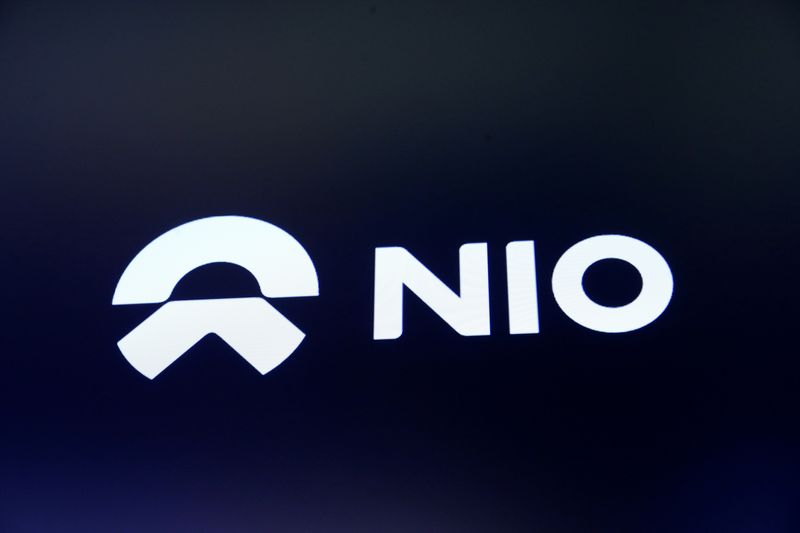By Scott Murdoch and Anshuman Daga
SYDNEY/SINGAPORE (Reuters) -Chinese electric vehicle (EV) maker Nio (NYSE:NIO) Inc plans to carry out secondary listings by introduction in Hong Kong and Singapore as it seeks to grow its business in the region.
Stock exchange filings on Monday showed the New York-listed firm had received preliminary approval from the Hong Kong Stock Exchange to trade its shares in the city, while the Singapore Exchange (OTC:SPXCY) was reviewing an application for a secondary listing on the main bourse of that board.
Shanghai-based Nio said the Class A shares are due to start trading on March 10 in Hong Kong under the code 9866 once it receives final approval from the stock exchange.
Its primary listing will remain in New York, the company said.
Unlike a typical initial public offering (IPO) or secondary listing, companies listing stock by introduction raise no capital and issue no new shares.
The mechanism was popular among companies in the past looking to build a brand in Hong Kong and the rest of Greater China.
The decision to pursue an listing by introduction was ordered by the company to not dilute or put further pressure on its stock by issuing new shares in Hong Kong and Singapore, according to a source with direct knowledge of the matter.
Singapore was chosen as a listing venue because of the company's desire to grow its EV market share in that region, the source added.
The source could not be named as the information was not yet public. Nio did not immediately respond to a request for comment.
A Singapore Exchange spokesperson declined to comment on Nio's listing application. The spokesperson said SGX had nearly 30 secondary listings from companies from diverse sectors and geographies as firms look to broaden their access to a wider range of investors while using the city-state as a launchpad into Southeast Asia.

Nio's New York shares have fallen nearly 34% so far this year.
Nio had planned to list in Hong Kong last year but faced questions from regulators over its company structure, including a "users trust", Bloomberg reported in September.